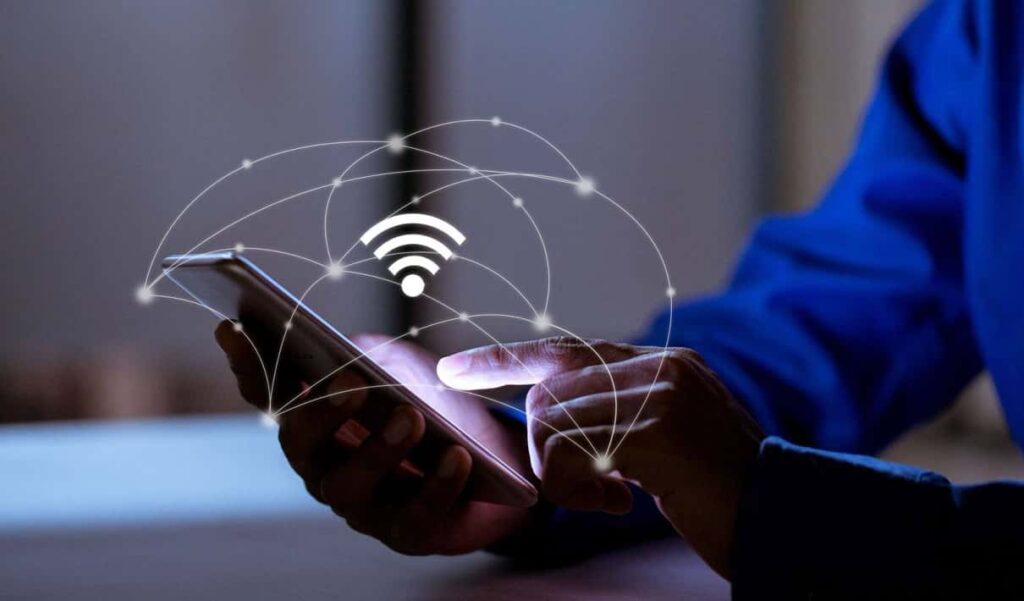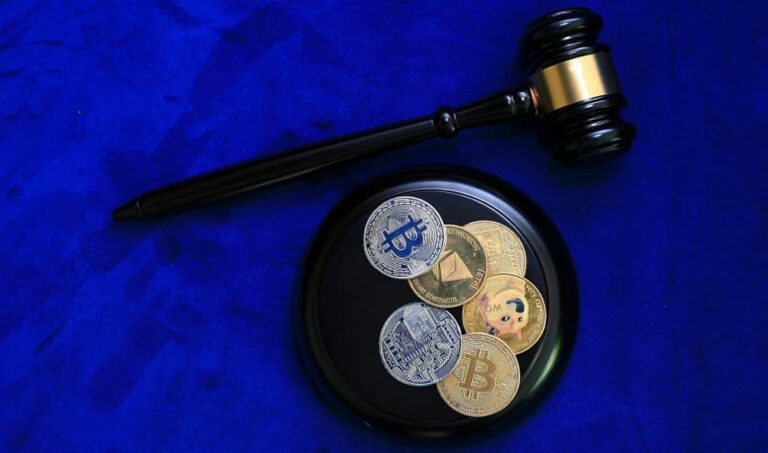How to Stay Secure While on Public Wi-Fi
Public Wi-Fi has become a ubiquitous convenience in our digital age. From coffee shops to airports, these open networks offer quick internet access on the go. But as handy as they are, they come with a set of security concerns. When connected to public Wi-Fi, your data can become vulnerable, and your online activities might be spied upon. Understanding the risks and taking preventive measures can help you enjoy the convenience without compromising security. In this guide, we will explain how do you stay secure while you are on public Wi-Fi.

Tips for Staying Secure on Public WiFi
In our increasingly connected world, public WiFi has become a ubiquitous convenience. By understanding the potential threats and following best practices, you can enjoy the convenience of public networks without compromising your personal information or falling victim to online threats. These tips empower you to browse, work, and communicate confidently in any public WiFi environment.
Public Wi-Fi Vulnerabilities
Public networks are inherently less secure. Unlike private networks, they are open, making them easy targets for cybercriminals. Common threats include man-in-the-middle attacks, where a malicious actor intercepts the data you send and receive. Then there’s eavesdropping, where hackers silently listen to your online interactions. And let’s not forget rogue hotspots, deceitful networks set up by cybercriminals to lure unsuspecting users. Being aware of these vulnerabilities is the first step to protecting oneself.
Using VPNs for Encrypted Browsing
One of the most effective shields against public Wi-Fi threats is a Virtual Private Network (VPN). A VPN creates a private tunnel for your data, encrypting it and making it unreadable to potential eavesdroppers. Think of it as a secure bubble that wraps around your online activities, keeping them hidden from prying eyes. Whether you’re checking emails or browsing your favorite sites, a VPN ensures your data remains private. For a reliable VPN service tailored for public Wi-Fi use, you can find out more.
Avoiding Sensitive Transactions
It’s tempting to check your bank balance or make a quick online purchase while sipping coffee at a cafe. However, performing sensitive transactions on public networks is risky. Cybercriminals can potentially access login credentials, credit card details, and other personal information. To stay safe, it’s best to save these activities for secure, private networks. Patience is a virtue, especially when it comes to protecting your digital assets.
Turning Off Sharing Settings
By default, many devices have sharing settings enabled for ease of use. This can be handy at home, but on a public network, it can expose your device to threats. Disabling file and printer sharing settings prevents unauthorized access to your data. Before connecting to public Wi-Fi, ensure these settings are turned off, adding an extra layer of protection against potential intruders.
Forget the Network After Use
Most devices remember networks for future use. While convenient, this can be problematic for public Wi-Fi. If your device auto-connects to an open network, it might inadvertently connect to a rogue hotspot. After using public Wi-Fi, make it a habit to forget the network, ensuring your device doesn’t reconnect without your knowledge.
Regularly Update Your Device
Software updates often contain patches for known security vulnerabilities. By keeping your devices up-to-date, you fortify them against known threats. Set your devices to update automatically, ensuring you always have the latest security enhancements. It’s a simple yet crucial step in maintaining a secure digital environment.
Using HTTPS and SSL
When browsing online, always check for ‘https’ in the URL. This indicates that the website uses SSL (Secure Socket Layer), encrypting data between your browser and the website. Before inputting any information, ensure the website is secure. Websites with SSL will often display a padlock symbol, assuring users of their security measures.
Wrapping Up
The digital age we live in is truly remarkable, offering unparalleled conveniences like public Wi-Fi that allows us to stay connected on the go. From sipping coffee at a local café to waiting for a flight, these open networks have become an integrated part of our daily lives. However, with convenience often comes compromise, and in this case, it’s our digital security that hangs in the balance.
Every time we connect to a public network, we open a door, albeit slightly, to potential threats and cybercriminals. This isn’t to paint a picture of doom but to stress the importance of vigilance. By arming ourselves with knowledge and tools, like VPNs and secure browsing practices, we can defend against these threats. It’s akin to enjoying the rain but having an umbrella at hand.
As technology continues to evolve, so will the methods employed by those with malicious intent. It’s a dynamic digital dance, and staying informed is our best defense. So, as you relish the perks of free Wi-Fi, always prioritize your security. Because in the vast world of connectivity, safety should always be the anchor that keeps us grounded.

